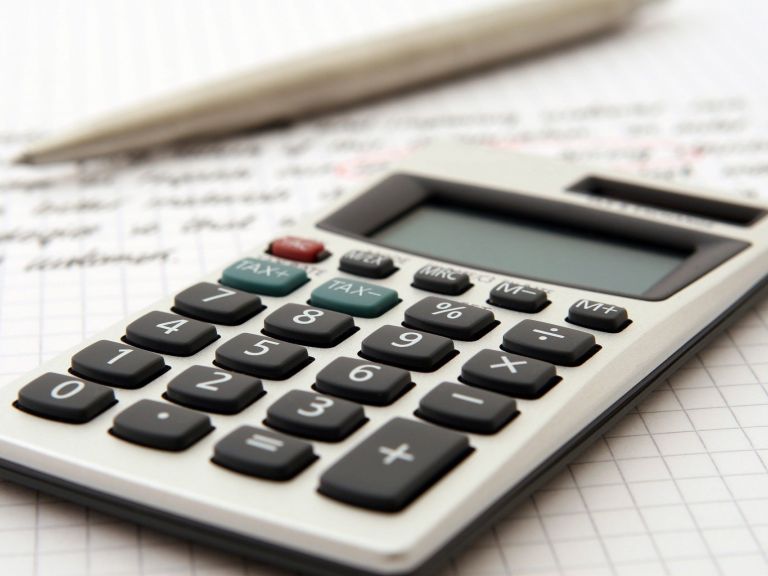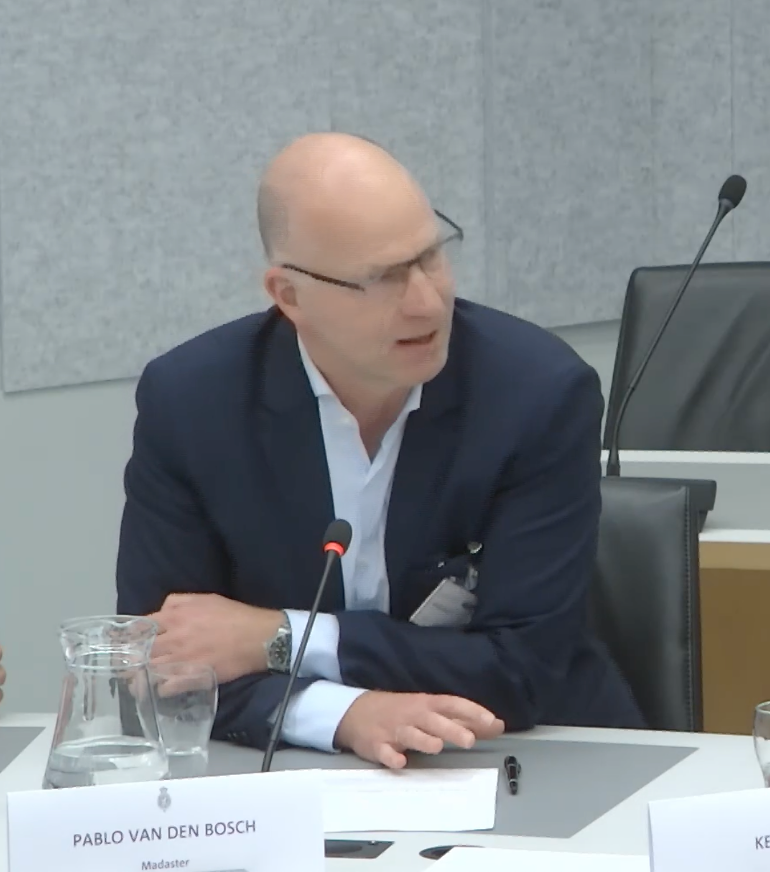A CIRCULAR ECONOMY IS A JOINT EFFORT
Author: Germien Cox, Madaster
According to Rabo Real Estate Finance, a vital and sustainable economy contributes to the competitive position and resilience of customers and, thus, to their financeability. How does this work, in practice? Maarten Donkers, manager of Kennis & Sturing (knowledge and governance), explains: ‘There are two driving forces that largely determine the future value of any piece of real estate. This includes everything to do with technology and innovation on the one hand, and sustainability on the other. Users are expected to find more clever solutions on the market and to award more value to a sustainable structure. To strengthen their competitive position, it is therefore essential to invest in a building’s value retention, today.’ However, such investments are expensive. How can all these additional costs ultimately improve the competitive position, and what types of investment are we talking about? Maarten Donkers continues: ‘It is important to look at the possibilities in the field of energy reduction, but certainly also to those that concern the reuse of construction materials that will increase a building’s lifetime. This could create a salvage value that, in turn, may contribute to a strong or stronger business case and, possibly, to enhance the competitive position.’
The owners of such strong, sustainable businesses are likely to apply for their financing at Rabo Real Estate Finance, as the bank promotes itself as a frontrunner in the field of transformation finance. What could Rabo Real Estate Finance do for these owners? Maarten Donkers: ‘As a bank, we would first and foremost like to increase the vitality of Dutch entrepreneurs. With regard to real estate, there are three main themes with which we would like to support entrepreneurs, i.e. innovation, sustainability and transformation. We try to translate the notion of circularity into the financing of real estate. The reuse of materials in the form of transformation is an example of circular thinking. Currently, transformation is still largely seen as buildings being awarded another function, such as offices that become residential houses. However, it could also be considered in a wider context; for example, when buildings are dismantled and materials are reused. In such cases, we speak of material transformation.’ And does Rabo Real Estate Finance have any off-the-shelve financing propositions for such transformations? Maarten Donkers continues: ‘In transformation projects, it is vitally important to first determine the value of a transformation. What would the value be in the new situation? What are the expected costs? With the help of experts, we are able to determine the feasibility of such a project. Subsequently, together with the entrepreneur, we look for the most appropriate financing — which may not necessarily be a new type of financial product. The financial product considered should first and foremost be focused on the transformation from the existing to the new situation.’
When more information is available and value can therefore be determined more accurately, would it be likely that specific financial products are developed for sustainable business models? Maarten Donkers replies: ‘If the process of value determination of real estate as a ‘waste product’ is known, it become easier for us as a bank to find the right financing for the particular type of situation. Madaster plays an important role, here, by providing process clarity.’ Would it be fair to say that the financing of circular business models is still being developed by the banking sector? Maarten Donkers confirms: ‘Many parties are indeed looking for the right types of financing models. We are also investigating how we could meet the increasing demand in this area.’
How is Rabo Real Estate Finance investigating this aspect? Maarten Donkers explains: ‘We are currently involved in the Circular Economy Challenge, in which we are searching for a circular business model, together with 100 clients around the country. Jointly, we are studying a company’s chain to investigate which of its parts could be addressed in a circular way. Construction and real estate are very well-suited to this, because of the use of concrete materials that could be reused often. Together with these and other parties, including Madaster, we are looking to develop suitable circular financing models.’ And do the data in a material passport provide the bank with more insight into the possibilities and possible salvage value? Maarten Donkers continues: ‘It may answer the following question: Does the end of a building’s life cycle result in a problem or an opportunity?’ When the answer is ‘a problem’ the next step is to demolish, whereas for opportunities a circular business model is applied, is that right? Maarten confirms and adds: ‘At Rabo Real Estate Finance, we think it is important that, in this pioneering phase, we continue to look for the most suitable type of financing, together with the owners of circular business models. A typical example, here, is the collaboration with Emergis, an institution of the Dutch Association of Mental Health and Addiction Care, in the province of Zeeland, where an old office building of Rijkswaterstaat was directly reused, and where we were able to develop suitable financing together with the client. A circular economy, ultimately, is created through collaboration.’



